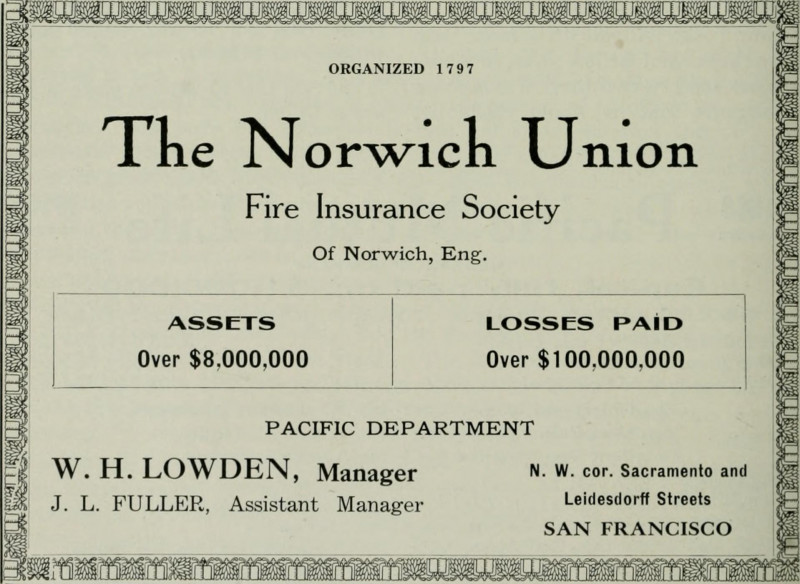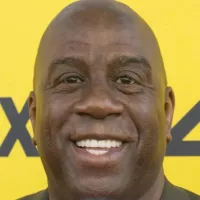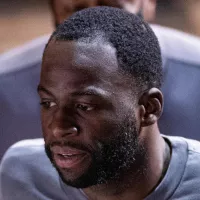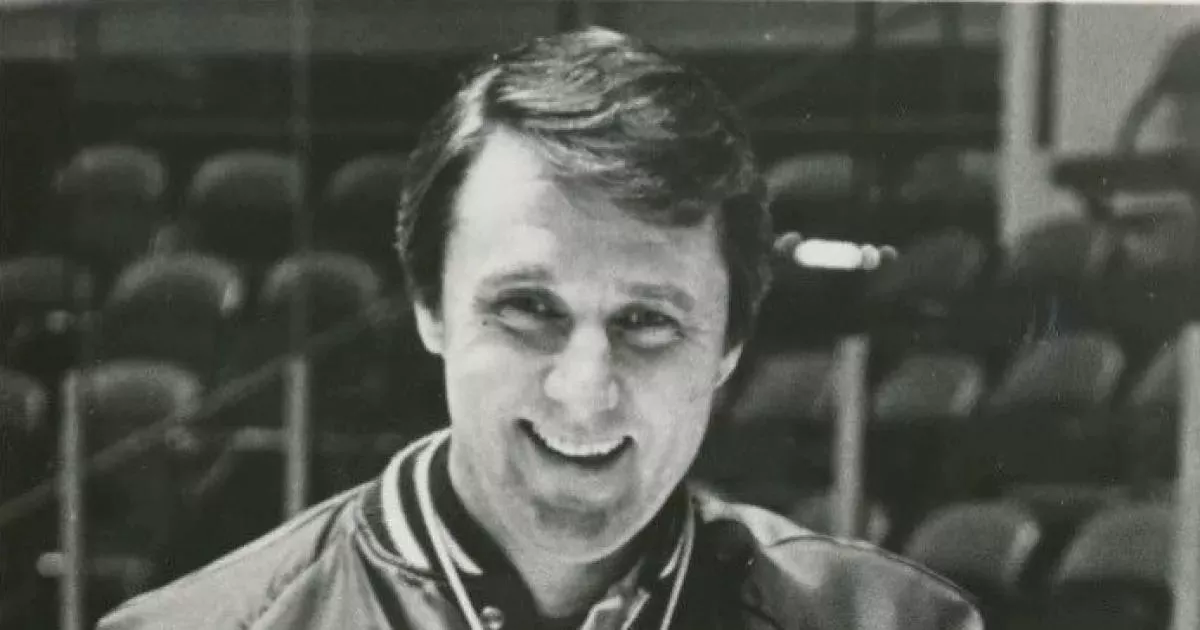"Herb" Brooks was an American ice hockey coach and player most famous for coaching the US Men's Olympic Hockey Team to victory over the dominant Soviet team at the 1980 Winter Olympics in Lake Placid, New York. This stunning upset is often referred to as the "Miracle on Ice."
August 5, 1937: Birth of Herb Brooks
On August 5, 1937, Herb Brooks, the renowned American ice hockey player and coach, was born.
1955: Start of University of Minnesota Hockey Career
Herb Brooks embarked on his ice hockey career with the University of Minnesota Gophers in 1955.
1955: High School Hockey Championship
Herb Brooks's high school hockey team at Johnson High School clinched the state championship in 1955.
1959: Conclusion of University of Minnesota Hockey Career
Herb Brooks concluded his time playing ice hockey for the University of Minnesota Gophers in 1959.
1959: University of Minnesota Hockey Joins Big Ten and WCHA
The University of Minnesota's hockey team began playing in both the Big Ten and Western Collegiate Hockey Association (WCHA) conferences in 1959.
1960: Last Cut from the 1960 Olympic Team
Despite being a member of the 1960 Olympic team, Herb Brooks faced the disappointment of being the last cut from the roster a week before the Games commenced.
1960: Start of U.S. National Team Career
Herb Brooks's tenure with the U.S. national team began in 1960.
1961: Record-Breaking Season with Rochester Mustangs
During the 1961-62 season, Herb Brooks, playing for the Rochester Mustangs in the United States Hockey League, was part of the highest-scoring forward line in USHL history at that time, alongside teammates Bill Reichart and Ken Johannson.
1964: Participation in the 1964 Olympics
Herb Brooks was part of the U.S. Olympic team that competed in the 1964 Winter Olympics.
1965: Brooks Marries Patricia Lane
Herb Brooks married Patricia Lane, known as Patti, in 1965.
1968: Start of Coaching Career
After retiring as a player, Herb Brooks was recruited by his former 1968 U.S. national team teammate, Lou Nanne, to begin his coaching career. He started by coaching the freshmen team at his alma mater, the Minnesota Golden Gophers.
1968: Participation in the 1968 Olympics
Herb Brooks represented the United States as a member of the 1968 Olympic hockey team.
1970: Coaching the Minnesota Golden Gophers Freshmen Team
Herb Brooks began his coaching journey in 1970, leading the freshmen team at the University of Minnesota Golden Gophers.
1970: End of U.S. National Team Career
Herb Brooks's time playing for the U.S. national team came to an end in 1970.
1971: Coaching the Minnesota Junior Stars
From 1971 to 1972, Herb Brooks served as the coach of the Minnesota Junior Stars.
1972: Head Coach of the Minnesota Golden Gophers
In 1972, Herb Brooks was appointed as the head coach of the Minnesota Golden Gophers.
1974: First NCAA Championship Title with Minnesota
Herb Brooks led the Minnesota Golden Gophers to his first NCAA championship victory in 1974.
1976: Second NCAA Championship Title with Minnesota
Herb Brooks secured his second NCAA championship title as the coach of the Minnesota Golden Gophers in 1976.
1978: Intense Training for the 1980 Olympics
In preparation for the 1980 Olympics, Herb Brooks, along with Jack Blatherwick, implemented rigorous training regimens for the U.S. hockey team, focusing on peak conditioning. They drew on their experience with the 1978-79 Minnesota Golden Gophers team, using laboratory testing and innovative practice plans.
1979: Third NCAA Championship Title with Minnesota
In 1979, Herb Brooks achieved his third NCAA championship victory with the Minnesota Golden Gophers, with nine members of that team going on to be recruited for the 1980 U.S. Olympic team, which Brooks would also coach.
1980: Coaching the New York Rangers
Following his success at the 1980 Olympics, Herb Brooks transitioned to coaching in the National Hockey League (NHL) with the New York Rangers.
1980: Coaching the 1980 U.S. Olympic Team
Herb Brooks was chosen to coach the 1980 U.S. Olympic hockey team.
1980: Miracle on Ice
In 1980, Herb Brooks, as head coach, led the U.S. Olympic hockey team to an unexpected gold medal victory against the heavily favored Soviet team at the Lake Placid Winter Olympics, in a game that became known as the "Miracle on Ice."
1980: "Miracle on Ice" at Winter Olympics
The "Miracle on Ice" took place at the 1980 Winter Olympics, where the US men's ice hockey team, coached by Herb Brooks, won an unexpected gold medal.
January 1981: Resignation from HC Davos
Herb Brooks resigned from his coaching role at HC Davos in Switzerland in January 1981, just six months after joining. The team was performing poorly, and Brooks was facing criticism for his demanding practice methods.
1981: "Miracle on Ice" TV Movie Released
A television movie titled "Miracle on Ice," depicting the US hockey team's victory at the 1980 Winter Olympics, was released in 1981. Karl Malden played the role of Herb Brooks.
1981: University of Minnesota Hockey Ends Joint Conference Play
In 1981, the University of Minnesota hockey team stopped playing in both the Big Ten and WCHA conferences simultaneously.
January 21, 1985: Firing from the New York Rangers
On January 21, 1985, Herb Brooks was dismissed from his coaching position with the New York Rangers. The team was facing difficulties in the Patrick Division with a 15-22-8 record, and there were internal conflicts with team captain Barry Beck. Craig Patrick, the general manager and Brooks's assistant during the 1980 Olympics, took over as coach.
July 1985: Break from Coaching and New Role at Jostens
After unsuccessful negotiations with the Minnesota North Stars in July 1985, Herb Brooks publicly stated his intention to step away from coaching. He accepted a position as a national sales representative for Jostens, a company specializing in memorabilia manufacturing.
May 1986: Coaching Offer from St. Cloud State University
In May 1986, Herb Brooks received an offer to coach at St. Cloud State University, an NCAA Division II institution. Initially hesitant, he was persuaded by John Mariucci, his former coach, to consider the opportunity.
1987: Brooks Returns to NHL, Coaches Minnesota North Stars
In 1987, Herb Brooks returned to the NHL to coach the Minnesota North Stars. His hiring was significant as it was the last time an NHL team hired a coach directly from the college ranks for many years.
1988: Brooks Fired by Minnesota North Stars
Herb Brooks was fired by the Minnesota North Stars in 1988 after just one season as coach, despite the team finishing just one point out of a playoff spot.
1989: St. Cloud State's Rise to Division I
St. Cloud State University's hockey team, under the guidance of Herb Brooks's successor, Craig Dahl, achieved Division I status and reached the NCAA Division I Tournament for the first time in the school's history in 1989.
1990: Induction into the United States Hockey Hall of Fame
Herb Brooks was honored with induction into the United States Hockey Hall of Fame in 1990.
1990: Brooks Inducted into US Hockey Hall of Fame
Herb Brooks was inducted into the United States Hockey Hall of Fame in 1990, recognizing his contributions to the sport.
July 11, 1991: Herb Brooks Hired as Coach of Utica Devils
On July 11, 1991, Herb Brooks was hired to coach the Utica Devils of the American Hockey League. This move fueled speculation that Brooks might eventually coach the team's NHL affiliate, the New Jersey Devils.
June 5, 1992: Brooks Becomes Head Coach of New Jersey Devils
On June 5, 1992, Herb Brooks was named the new head coach of the New Jersey Devils, replacing Tom McVie. He aimed to build a faster, younger team.
May 31, 1993: Brooks Resigns from New Jersey Devils
On May 31, 1993, Herb Brooks resigned from his position as head coach of the New Jersey Devils, citing disagreements about the team's future direction.
1998: Herb Brooks Coaches French Olympic Hockey Team
Herb Brooks served as the coach for the French Olympic hockey team at the 1998 Winter Olympics.
1998: Brooks Coaches Team France at Nagano Olympics
In 1998, Herb Brooks coached the French national ice hockey team at the Winter Olympics in Nagano, Japan.
December 1999: Brooks Returns to Coaching with Pittsburgh Penguins
In December 1999, Herb Brooks was hired by the Pittsburgh Penguins to replace Kevin Constantine as head coach. This marked his return to coaching after a stint as a scout.
1999: Brooks Inducted into IIHF Hall of Fame
In 1999, Herb Brooks was inducted into the IIHF Hall of Fame, acknowledging his impact on international ice hockey.
1999: Induction into the IIHF Hall of Fame
In 1999, Herb Brooks was inducted into the IIHF Hall of Fame.
1999: Miracle on Ice Ranked Greatest Sports Moment
Sports Illustrated recognized the U.S. hockey team's victory in the 1980 Winter Olympics, under Herb Brooks's guidance, as the greatest sports moment of the 20th century in 1999.
January 13, 2000: Brooks Confronts Announcer, Faces Suspension
On January 13, 2000, Herb Brooks, then coach of the Pittsburgh Penguins, confronted Colorado Avalanche announcer John Kelly for suggesting that Penguins player Matthew Barnaby faked an injury. This led to Brooks' suspension.
2001: Brooks Returns as US Olympic Coach for 2002 Games
In 2001, Herb Brooks was brought back to coach the US men's ice hockey team for the 2002 Winter Olympics. He and General Manager Craig Patrick retained a few players from the 1998 team.
2002: U.S. Men's Hockey Team Wins Silver at Salt Lake City
Herb Brooks coached the U.S. men's hockey team to a silver medal at the 2002 Winter Olympics in Salt Lake City.
2002: Brooks Leads US Team to Silver at Salt Lake City Olympics
Herb Brooks coached the United States men's ice hockey team at the 2002 Winter Olympics in Salt Lake City. The team won a silver medal, defeating Russia in the semi-finals – a game played exactly 22 years after the 'Miracle on Ice'.
2002: Brooks Declines Rangers Offer, Joins Penguins' Front Office
In 2002, Herb Brooks declined an offer to potentially coach the New York Rangers. Instead, he accepted a position as Director of Player Development for the Pittsburgh Penguins, a role he held until his passing.
August 11, 2003: Death of Herb Brooks
Herb Brooks passed away on August 11, 2003.
2003: Herb Brooks's Passing and Legacy
At the time of his death in a car accident in 2003, Herb Brooks held the position of director of player personnel for the Pittsburgh Penguins.
2004: Posthumous Wayne Gretzky International Award
Herb Brooks was posthumously awarded the Wayne Gretzky International Award in 2004.
2004: Brooks Receives Posthumous Wayne Gretzky International Award
Herb Brooks was posthumously honored with the Wayne Gretzky International Award in 2004, recognizing his significant contributions to the growth and advancement of hockey worldwide.
2004: Release of "Miracle" Film
In 2004, Disney released "Miracle," a film about the 1980 US Olympic hockey team's gold medal win. Kurt Russell portrayed Herb Brooks. Brooks served as a consultant on the film.
2006: Induction into the Hockey Hall of Fame
Herb Brooks received a posthumous induction into the Hockey Hall of Fame in 2006.
2006: Brooks Inducted into Hockey Hall of Fame - Builders' Category
Herb Brooks was posthumously inducted into the Hockey Hall of Fame in 2006 in the Builders' category, recognizing his significant contributions to the development of the sport.
2006: Brooks Inducted into Hockey Hall of Fame
In 2006, Herb Brooks was posthumously inducted into the Hockey Hall of Fame in the Builders' category. He was recognized for his passion, dedication, and inspiration to generations of Americans.
May 2015: Dave Hakstol's Hiring Marks a Milestone
In May 2015, the hiring of Dave Hakstol as coach of the Philadelphia Flyers marked the first time since Herb Brooks in 1987 that an NHL team had hired a coach directly from the college ranks.
Mentioned in this timeline

Wayne Gretzky nicknamed The Great One is widely considered the...
Sports Illustrated SI is an American sports magazine launched in...
Japan is an East Asian island country located in the...

The Miracle on Ice was a stunning upset in the...
France officially the French Republic is primarily located in Western...

An avalanche is a fast-moving flow of snow down a...
Trending

2 hours ago Zurich Insurance to Acquire Beazley in a Landmark $11 Billion Deal

31 minutes ago Chwali?ska and Kawa Shine in Antalya: Polish Tennis Players Achieve Notable Wins

31 minutes ago Cazzie David discusses her new book 'Delusions' and the writing process.

5 hours ago Warriors face play-in, Curry's injury raises concerns, Kerr lowers expectations, Moody's role?

3 hours ago Michael Jordan's NASCAR impact: Antitrust lawsuit, 23XI Racing, and historic career.

5 hours ago Stephen A. Smith criticizes Draymond Green's comments on Nico Harrison as unfair.
Popular

Jesse Jackson is an American civil rights activist politician and...

Hillary Diane Rodham Clinton is a prominent American politician lawyer...

Jim Carrey is a Canadian-American actor and comedian celebrated for...

XXXTentacion born Jahseh Dwayne Ricardo Onfroy was a controversial yet...

Michael Joseph Jackson the King of Pop was a highly...

Kashyap Pramod Patel is an American lawyer who became the...
